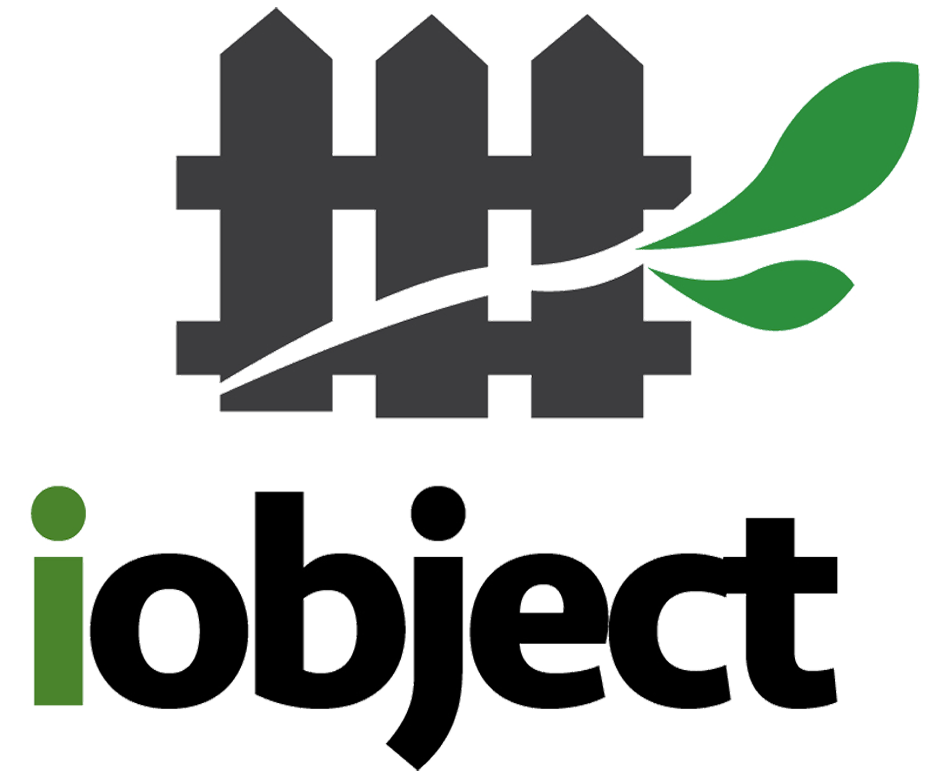You may have some questions…
-
Council has an obligation to consider ALL submissions made after the official deadline in accordance with the Environmental Planning and Assessment Act 1979. So you can be assured that a late submission will still be considered so long as council has not completed its assessment yet. We also do not want to go outside the ‘safety zone’ either, where full consideration might become less feasible (i.e. the buffer period prior to council’s review of submissions).
Due to the reality of typical DA assessment officer workloads, the assigned officer would generally not commence their full review of submissions until at least one month after the official deadline.
Based on this general rule of thumb, iObject prescribes an additional two to three-week ‘Informal Deadline’, depending on the scale of the project in question. We will also liaise with council on your behalf to obtain a deadline extension, when required.
-
Our experience has shown that council officers can disregard neighbourhood objections that do not articulate their concerns based on planning grounds. And convincing DA Officers in these terms requires detailed justifications that correspond to the regulatory criteria and methodology in assessing applications, as governed by local, State and common planning law. So providing a strong planning submission based on this regulatory framework is essential to ensuring council adequately considers the true impacts of any development proposal.
At iObject, we can advocate with council on your behalf, communicating planner-to-planner with the DA-assigned assessment officer. By using a highly experienced and qualified town planner who speaks the same language used by council’s planner, we are well-equipped to put a compelling planning argument to council on your behalf.
Our town planner will compose a detailed submission with robust planning arguments that can be validated by the assessment officer as reasons to reject the SEE’s claims. By preparing assessment report-style material that can be easily incorporated into the officer’s DA assessment report, we are able to rebutt any false or misleading claims by the SEE in the strongest possible terms.
Ultimately, if arguments within our submission are accepted by the officer assessing the application, then the DA assessment report will echo these points, which way lay the foundation for the officer recommending refusal or conditioning an amended approval.
-
An issue involves one or more planning grounds that can be used to contest a DA. This usually covers one topic or area of planning regulation, such as setbacks, privacy or solar access.
If sufficient planning grounds are found to warrant a formal planning objection, the DA Audit will categorise these grounds into ‘Issues’, based on the relevant planning grounds that can be utilised to mount a formal objection. This will be expressed in terms of the applicable planning regulation or instruments that the development application fails to follow (ie. where the proposal breaks a planning rule). The Audit will also summarise how this issue will negatively affect you as the neighbour once the development has been built.
Multiple planning instruments may also underpin one single issue. For example, heritage controls are usually regulated by both the Local Environmental Plan (LEP) and Development Plan (DCP). In a case where a DA does not comply with both LEP and DCP controls relating to heritage, there would be two planning grounds to object, yet consolidated under one issue. Consolidation will also occur where two issues are similar in nature, or in the case of a miscellaneous ‘other’ category.
-
If the Audit finds insufficient or minimal planning grounds to warrant objection, then iObject will NOT proceed with preparing a Principal Objection. It follows that no further fees will be charged by iObject. We will still, however provide you with a copy of the DA Audit that include the results of our investigation.
-
Engaging a professional other than a town planner will often mean a different perspective and skillset being applied to a discipline outside their speciality. Missing the mark needed to overturn or amend a DA can easily occur without a qualified town planner, with the right experience and skillset to address the planning issues involved.
A good statutory planner (with experience preparing SEE’s and/or DA assessment reports) is generally best equipped to handle the complex array of planning challenges and regulation involved in the assessment process. At iObject, we only employ statutory planners who have previous experience composing robust SEE’s and/or DA assessment reports. Knowing that so much is on the line, this policy ensures we are able to serve our clients with the best possible people for the job.
-
The assessment of a DA involves the following key steps:
1.) After the applicant submits their DA, it goes through an initial review and is assigned to an assessment officer (council town planner).
2.) If required, the DA will be forwarded to other professionals representing different expertise (eg. traffic, geotechnical and/or stormwater engineer; and/or heritage and/or landscape planner). We call this ‘expert referral’, and can include separate organisations external to council.
3.) Most DA’s then must be advertised to the public within a notification period. This is where local residents are given the opportinity to comment or object with a submission.
4.) Council’s assement officer then assesses the DA based on relevant State and local planning regulation, which requires consideration of the applicant’s planning statement (SEE) and any submissions from objectors. There are normally delays in this stage, providing ample opportunity to submit a late objection (with the formalisation of an extension).
5.) Council then generally notifies the applicant and objectors of the determination (approval/amended approval or refusal) of the DA.
Please refer to the official Department of Planning and Environment for more information about the DA process:
-
Our pricing for preparation and lodgement of a Principal Objection is based on the number of issues covered by the submission, as well as other known environmental factors. Our fee structure also depends on the DA cost of works. Once we fully understand your requirements after verifying that we are able to meet your expectations, a Consultancy Proposal containing a detailed fee breakdown with will be provided to you for review.
-
Yes they can. Following a refusal determination to a development proposal, applicants may seek to appeal the decision in the NSW Land and Environment Court (L&E Court), or apply for the decision to be reviewed by a panel appointed by council, known as a Section 8.2 Review.
Typically, DA’s that proceed to the L&E Court have been either refused by council, or the applicant has requested a ‘deemed refusal’ to seek leave to appeal to the Court. Often these cases take many months to eventuate, and the proposal may go through several amendments.
iObject is able to assist by providing expert witness services and joint reporting as part of the court process, as well as preparing the relevant documentation and representation before a review panel.
-
Like in a court case where dialogue is confined to legal representatives from each side, any discussions with the applicant around the DA in question should generally be avoided. It is still important to maintain a good relationship with your neighbour, however during the notification period (DA advertisement), communication should be kept to a minimum.
-
In the many cases that come our way, iObject encounters people who have previously prepared a personal submission and failed to win the support of council, leading to a less than desirable development outcome. So we are well-aware of the high risks of failure should an expert approach to planning law not be adopted.
Our approach seeks to make the DA officer’s job as easy as possible during the assessment process, so that minimal confusion occurs when they are reviewing your submission. Therefore, we ask that clients refrain from preparing their own submission in relation to any issues identified in the DA Audit. A personal submission can still be prepared however in relation to any supplementary (non-planning) matters outside the DA Audit scope.
-
If you are happy to consider iObject for your next objection, please get in touch with one of our friendly staff for an initial discussion.
Upon request, iObject will send you a Consultancy Proposal detailing our service scope and fees. Instructions on how to proceed will be outlined within.

